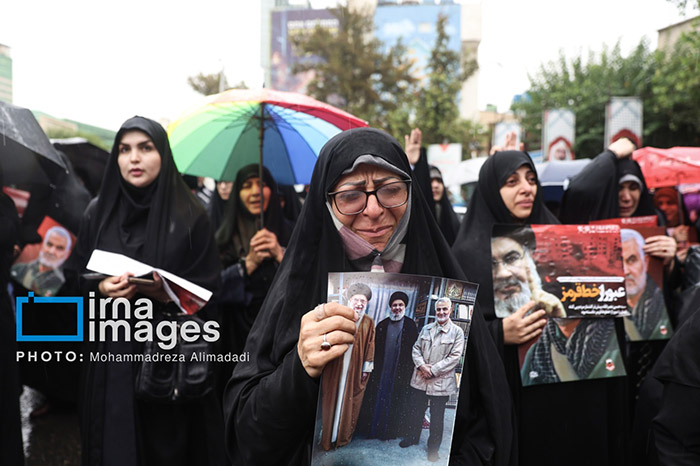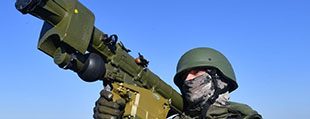U.S.-Israel Relations: Strengthened by a Common Threat
The assassination of Hassan Nasrallah, while primarily a development in the Lebanon-Israel conflict, also underscores the deepening partnership between the United States and Israel in the face of shared threats from groups like Hezbollah and Hamas. Biden’s administration has repeatedly affirmed its commitment to Israel’s security, and the U.S. continues to provide Israel with military and diplomatic support.
As tensions continue to simmer across the region, the U.S. and Israel are likely to remain close partners in efforts to counter the influence of Iranian-backed groups and ensure regional stability. However, achieving lasting peace will require not only military action but also a sustained commitment to diplomacy and conflict resolution.
Conclusion: A Turning Point in the Middle East?
The assassination of Hezbollah leader Hassan Nasrallah is a significant moment in the broader conflict between Israel and militant groups in the region. While Nasrallah’s death may provide a “measure of justice” for his many victims, as President Biden noted, it also introduces new uncertainties regarding the future of Hezbollah, the role of Iran, and the prospects for peace in Lebanon and Gaza.As the world watches the unfolding events, the need for diplomatic solutions to de-escalate violence and protect civilian lives remains paramount. The coming months will be crucial in determining whether this moment represents a turning point toward peace — or the beginning of an even more dangerous chapter in the region’s long history of conflict.

